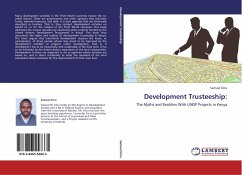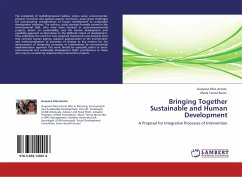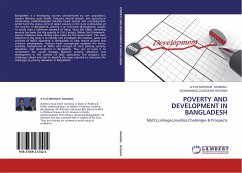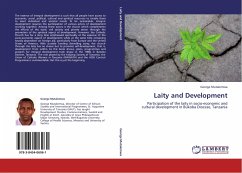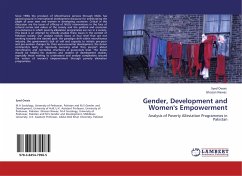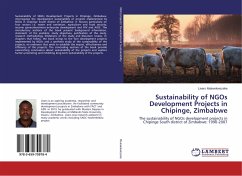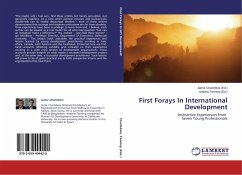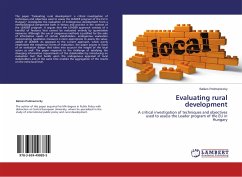Many development activities in the Third World countries involve the so-called donors. These are governments and other agencies that volunteer funds, material resources, and skills. It is such agencies that are technically described as trustees. That is, they conduct development activities on behalf of, or for the citizens of the Third World countries. This book addresses the trustee question by examining select projects funded by the United Nations Development Programme in Kenya. The book thus documents the myths and realities of development trusteeship in Kenya. The book argues that intentional development requires the input, or participation, of those people whose lives stand to be improved by the development activities or projects under investigation. That is, if development has to be meaningful and sustainable at the local level, it has to be informed by the desires and/or aspirations of the local communities. Development trustees are supposed to act as agencies whose activities are based on, and in direct conformity to what the members of the local population deem necessary for the improvements of their own lives.
Bitte wählen Sie Ihr Anliegen aus.
Rechnungen
Retourenschein anfordern
Bestellstatus
Storno

